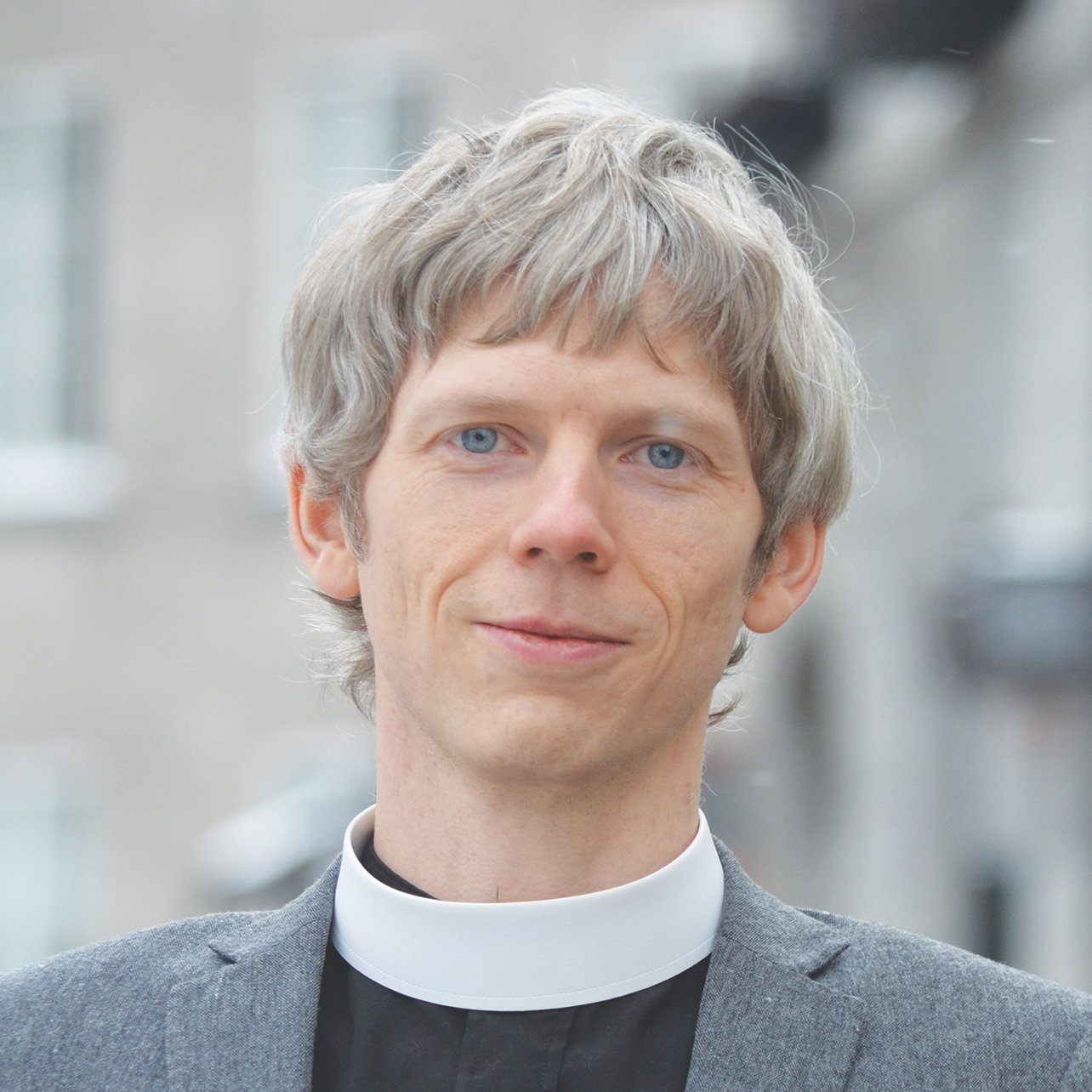A provisional Christian ethic of social media use: part III
 It had been a long day and I was tired. After hours of examining Christian hospitality and homelessness, I had returned to my own home quite late. Without a second thought, I flipped open my laptop to check my messages on Facebook before I headed to bed.
It had been a long day and I was tired. After hours of examining Christian hospitality and homelessness, I had returned to my own home quite late. Without a second thought, I flipped open my laptop to check my messages on Facebook before I headed to bed.
That was my first mistake.
As I entered through the digital gates of social media and walked towards my messages, an article appeared along the way that immediately caught my attention. It was a story about a church and a drop-in program for the homeless that had run into conflict, and unhappily parted ways.
Reading the story in light of my studies, I was livid. “Who are these people?” I asked with incredulity. Did they not read Matthew 25:41-46, which makes it pretty clear that our constitution as a people of God is measured by how we welcome strangers and provide food, drink and clothing for the “least of these”?
Exhausted, enraged and feeling a little smug, without a second thought I shared the article along with a snarky comment that posed the same question more bitingly.
That was my second mistake.
A curious thing then happened. As I sat in my darkened living room staring at the post, a sinking feeling began to grow in the pit of my stomach. I did not know the church or the drop-in program involved in this affair. I did not even like the media conglomerate that posted the story in the first place. Certainly the story did not meet what I considered basic journalistic standards. So why did I share it? Having second thoughts, I deleted the article-but it was too late.
My post was online for only three minutes, but that was long enough to hurt someone. In what I experienced as a grace-filled moment, a person from that church sent me a private message explaining what it was like being on the receiving end of my text, what it was like to have another Christian make such comments about this person’s community publicly without first hearing that community’s perspective.
Ashamed, I apologized. The church leader was right. Whether or not the critique in my post was true, without hearing the other’s perspectives it was invalid. Whether through fatigue, a concern for justice or pride, I had sinned against this person.
As a commenter pointed out on my previous column, one of the problems with social media is its immediacy: it gives us the capacity to publicly share our visceral response to what we experience. We can post faster than we can think, which means we can hurt others in ways we might otherwise not if we took the time for sober second thought.
Walking through social media with a spirit of prayerful contemplation (or at the very least, sleeping on our snarky comments before we post them) would strengthen our Christian witness online. Nevertheless, even our best desires and practices can be captured and misdirected by sin, and so the work of confession and forgiveness are also necessary components of living as Jesus’ witnesses online.
If the immediacy of the Internet opens up new avenues for hurt, maybe it can also open up new avenues for healing and reconciliation. What if, following Jesus’ model in Matthew 18:15-22, we confronted our sisters and brothers who have sinned against us online by privately messaging them before publicly shaming them?
I am grateful that this was the path the church leader I hurt decided to walk. By doing so, it invited me to more fully recognize the hurt my thoughtlessness causes others, to confess it, to seek forgiveness for it and to extend that same invitation to those who have hurt me.
Like Jesus’ Parable of the Wheat and the Tares (Matthew 13:24-30), social media is a field sown with the seeds of both sin and redemption. Our task as Jesus’ disciples online is to help water the seeds that bear the fruit of grace.





